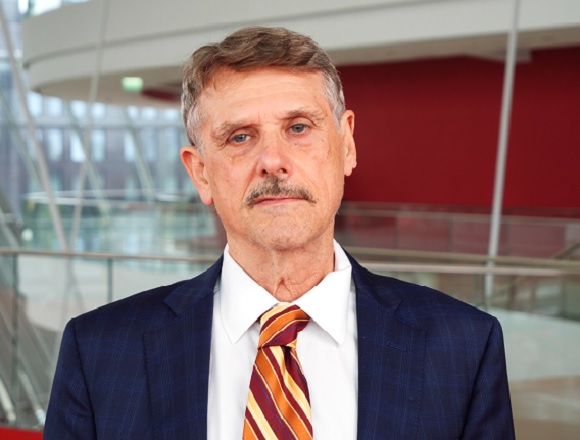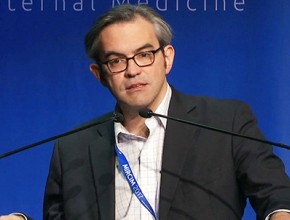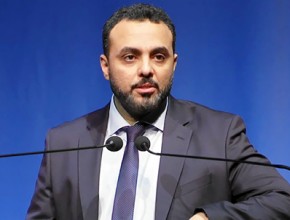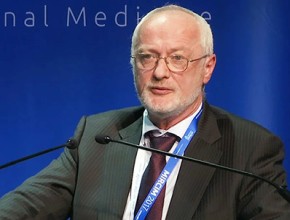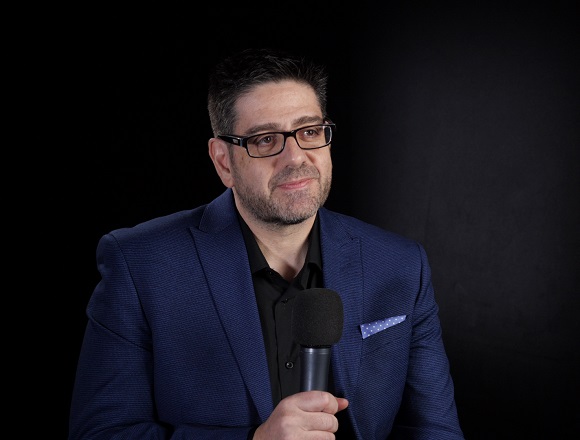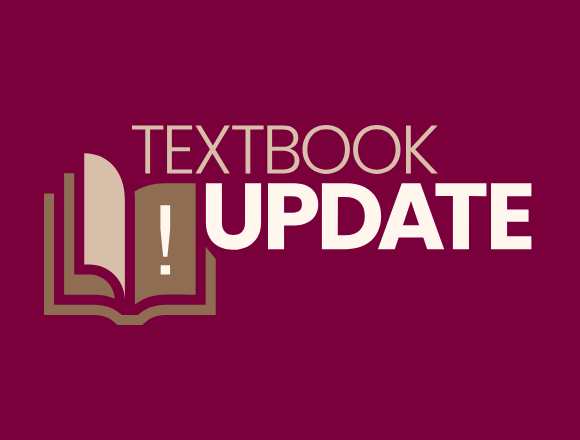Gordon Guyatt, MD, MSc, is a distinguished professor at McMaster University and one of the founders of evidence-based medicine with extensive expertise in study methodology.
Is it possible to practice in the spirit of evidence-based medicine (EBM) without requiring the much specialized knowledge of EBM methodology?
Absolutely yes. As a matter of fact, there is no requirement whatsoever for even a minimally sophisticated knowledge of EBM methodology to practice EBM well. What the clinician needs to do is identify trustworthy sources of information, trustworthy guidelines and recommendations. Then the clinician takes the advice of the trustworthy source of evidence, the trustworthy source of recommendations.
But there is one aspect of EBM that the clinician does need to understand, and that is to be able to understand summaries of the benefits, harms, and burdens, and the certainty of evidence behind that.
The clinician needs to be able to understand those summaries so that the clinician can do shared decision-making with their patients and have an appropriate trade-off with that patient’s values and preferences, balancing the benefits and the harms and burdens.
So no, you don’t need to be able to read the methods and results. No, you don’t need to be able to identify what’s a great study and a not-so-good study. That is left to people who process the evidence for you and who create the guidelines. What the clinicians need to do, though, is to be able to understand results.
 English
English
 Español
Español
 українська
українська

